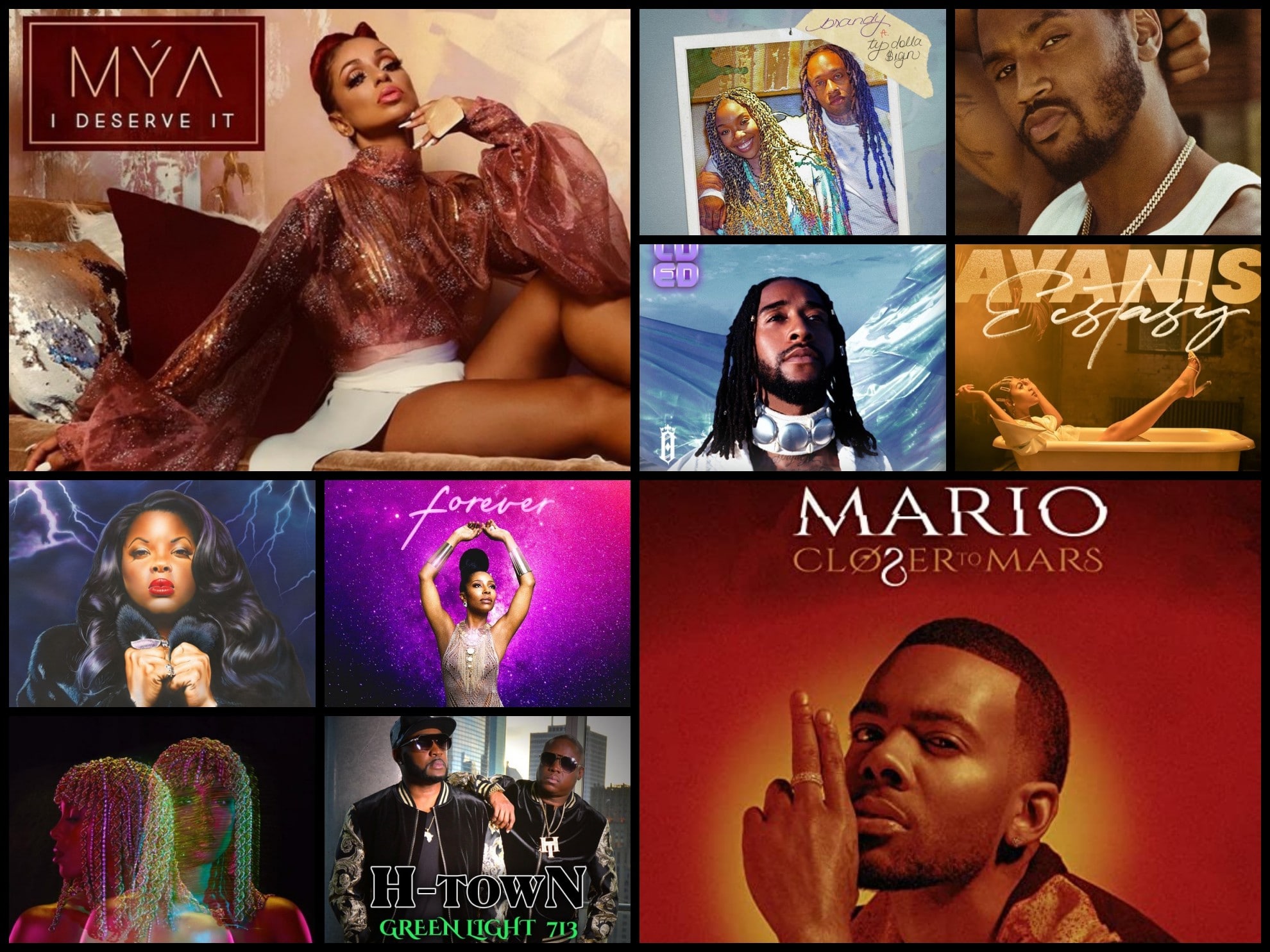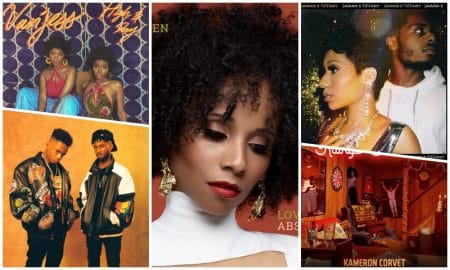Grammy-nominated R&B artist Trey Songz is going through a transition phase that many new parents experience. Over a year ago, the heartthrob announced the birth of his first child, Noah, and from his social media postings, you can tell he is enjoying the process of being a father.
Months ago, Songz celebrated his son’s first birthday, and he wrote a touching tribute on his social media account:
“I love you Noah,” he writes. “I thank God for bringing you to me at a time I needed your love the most. 1 year passed unbelievably fast but within the first second of meeting you, I knew you would be the light of my life until I take my last breath. Happy Birthday son.”
Despite the prevailing stereotypes that exist in society about black fathers, Songz is not only present, he also understands his role as a dad and has been teaching his newborn the process of life.
As we’ve experienced with Trey Songz, it is important that you communicate with your newborn.
Your baby is learning to speak long before they say their first words. Talking with your child and giving them loving attention will strengthen the bond between you and help them to develop the academic, decision-making, and communication skills they’ll need later in life. As you can see from Trey’s video below, you’ll both have a lot of fun while learning.
A famous study in the 1990s coined the term word gap to describe how children in lower-income families hear about 30 million fewer words by the age of 3 compared to their wealthier peers. Thirty million is probably an exaggerated number, but you get the picture. More recently, a Stanford University study found an intellectual processing gap emerging at around 18 months.
Now, many of us have different financial and social circumstances, but you should do your best to create a rich learning environment for your baby. Try these tips for communicating with your baby.
Communicating with Babies from Birth to Three Months
As you know, crying will be your baby’s main way of communicating for a while. While individual timelines vary greatly, many babies start using their voice at about 2 months to coo and gurgle. They may also start making some simple vowel sounds.
Use these strategies for greater communication with your infant:
- Use baby talk. It’s a myth that baby talk will hold your baby back. In fact, babies pay more attention to sing-song style speech with a higher pitch and warmer tone. At the same time, it’s beneficial to gradually introduce them to adult speech too.
- Hold them. Physical touch is part of communication. Bond with your baby by holding and carrying them.
- Make eye contact. Looking at your baby shows them that you care enough to pay attention. Even if you don’t understand their message, they’ll appreciate the effort.
- Think about body language. Gestures and facial expressions are a big part of your baby’s communications. Exchange smiles and copy each other’s movements.
- Mimic sounds. Imitating your baby’s sounds is helpful too. Gurgle back at them and add your own noises to make your chats livelier.
- Start reading. Begin your storytime traditions with picture books. You may also want to find some titles with sound effects and textures.
Communicating with Older Babies
Most babies speak their first words by the end of their first year, and most can understand a few words by the time they reach 9 months. It’s usually not a cause for concern if a baby starts later. Speak with your doctor if you have any questions about your baby’s development and hearing.
These techniques will help you communicate with your older baby:
- Narrate your day. Create more opportunities for your baby to hear your voice by describing your activities. Talk through meal times, household tasks, and weekend plans.
- Pause often. Take a break between sentences so your baby can join in with their own remarks. They’ll start to become familiar with the rhythm of two-way conversations.
- Identify objects. Help your baby to associate names with common objects and people. For instance, point to a cup and slowly say the word.
- Give simple directions. Your baby can now start to understand some basic commands. Ask them to come to you. Say no firmly when you want them to stop a wrong behavior.
- Sing favorite songs. Small children enjoy interactive songs. Share your old favorites like Baby Shark or The Itsy-Bitsy Spider (R&B Remix). Create some songs of your own.
- Match them up. By the time they reach four months, most babies are ready for some friends their own age in addition to your company. Look for organized groups in your community and stay close by to supervise and provide support.
Your baby loves it when you talk with them. Make them happy and encourage their language and social skills by having conversations, reading, singing, and playing games.























